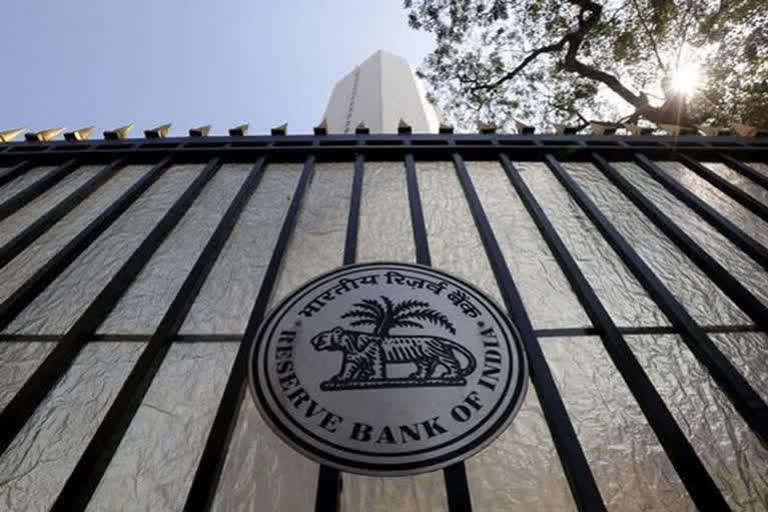Hyderabad (Telangana): Recently, the Governor of Reserve Bank of India Shaktikanta Das announced that retail investors will be allowed to purchase Government Securities (G-Secs) directly. He also said that a dedicated portal named ‘Retail Direct’ will be launched to facilitate transactions.
This news generated curiosity as retail investors are allowed to invest in G-Secs only through intermediaries like mutual fund houses so far.
Against this backdrop, ETV Bharat spoke to Adhil Shetty, CEO of Banbazaar.com, to know about what are G-secs and the significance of the latest RBI move.
What is a Bond?
A bond is a debt instrument in which an investor loans money to an entity (typically corporate or government) that borrows the funds for a defined period of time at a variable or fixed interest rate.
Bonds are used by companies, municipalities, states and sovereign governments to raise money to finance a variety of projects and activities. Owners of bonds are debtholders, or creditors, of the issuer.
What is Government Security (G-Sec)?
A G-Sec is a tradeable instrument issued by the Central Government or the State Governments. It acknowledges the Government’s debt obligation.
Such securities are short term (usually called treasury bills, with original maturities of less than one year) or long term (usually called Government bonds or dated securities with an original maturity of one year or more).
In India, the Central Government issues both treasury bills and bonds or dated securities while the State Governments issue only bonds or dated securities, which are called the State Development Loans (SDLs).
Read: RBI announces OMO for sale, purchase of govt securities of Rs 10,000 cr
What are the different types of G-Secs?
Some of the popular G-secs are Cash Management Bills (CMBs), Treasury Bills (T-Bills), Dated G-secs, and State Development Loans (SDLs).
The central government issues T-Bills for the short term with a maturity period of under 1 year. The maturity period of T-Bills is usually 91 days, 182 days, and 364 days.
They don't give an interest income like other G-secs -- instead, they are offered at a discount on the face value and redeemed at face value on maturity.
The CMBs are also offered at a discount on the face value like the T-Bills and redeemed at the face value on maturity. The maturity period of CMBs is less than 91 days. These can be used for very short-term investment purposes.
The government also issues G-secs with long tenures that go up to around 40 years. These are called Dated G-secs. They may offer an interest rate which is determined at the time of issue.
Some of the popular Dated G-secs are Floating Rate Bonds, Capital Indexed Bonds, Inflation-Indexed Bonds, etc.
Read: RBI announces OMO purchase of state government securities on Dec 23
Is it safe to invest in G-Secs?
G-Secs are one of the safest investment instruments available in the market. Since they are issued and backed by the central or state governments, they carry practically no risk of default and, hence, are called risk-free gilt-edged instruments.
Should you invest in G-Secs?
For retail investors looking for a safe haven, G-secs can offer a great opportunity. However, available information suggests that liquidity can be a big issue for retail investors. Also, do note that the interest earned on G-secs is taxable at the investor’s hand as per the applicable slab rate.
G-secs usually offer a lower return in comparison to fixed deposits which can also be liquidated easily.
On the other hand, G-secs, apart from the lower returns, are subject to interest rate fluctuation risk. So, if you are looking for a low-risk investment instrument for achieving your financial goals, products like banks FDs, Public Provident Fund, etc., could be a better choice.
(with inputs from www.rbi.org)
Read: Structural Reform: RBI gives retail investors direct access to G-Sec market



